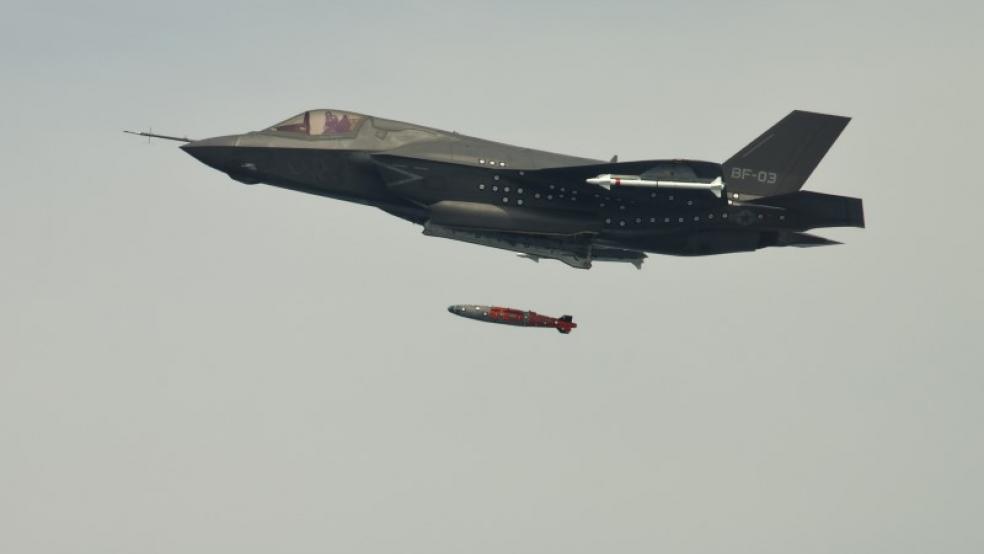Defense officials said Wednesday that an inexpensive electrical capacitor used in some new nuclear bombs in the U.S. arsenal has proven to be defective, requiring a months-long replacement effort that could cost more than $725 million.
The $5 part has been used in the B61-12 gravity bomb and the W88 submarine-launched warhead, according to Roll Call, but tests in April revealed electrical problems that have been traced to the capacitor.
The faulty component is being replaced with one that costs $75, but the repair requires more than simply swapping out parts, since the defective capacitor caused a series of other problems in the weapons. Solving them all will cost $600 million to $700 million for the B61-12 bombs, and $125 million to $150 million for the sub-launched missile warheads.
The faulty capacitor is a commercial-grade part, said Charles Verdon, deputy administrator for defense programs at the Energy Department’s National Nuclear Security Administration, and some experts are worried that the U.S. is relying too much on the commercial marketplace in its nuclear weapons programs. About 70 percent of the parts in U.S. atomic weapons come from the commercial market, a major shift from the Cold War era, when most parts were made in government facilities, Verdon told Congress at a hearing Wednesday.
Lawmakers were not pleased to hear the cost of fixing the problem. “In rough figures, due to the effect of a failure in a component that costs less than $100, taxpayers will face charges on the order of close to $1 billion,” said Rep. Jim Cooper (D-TN), chair of the Subcommittee on Strategic Forces.


